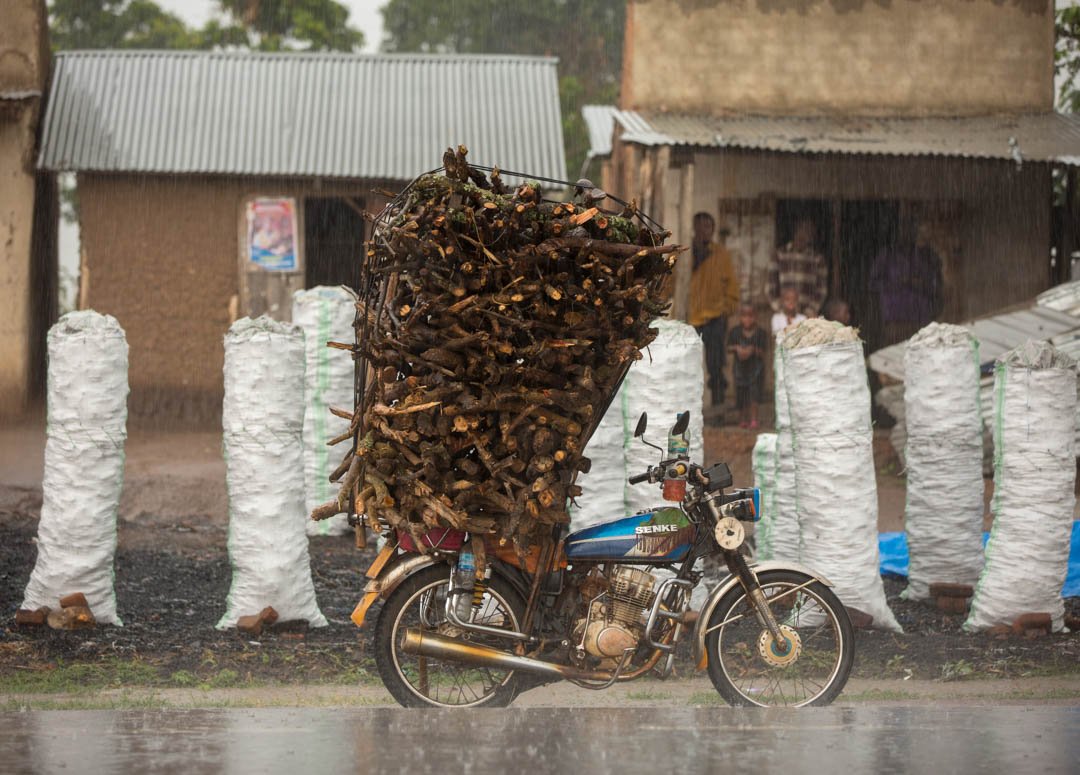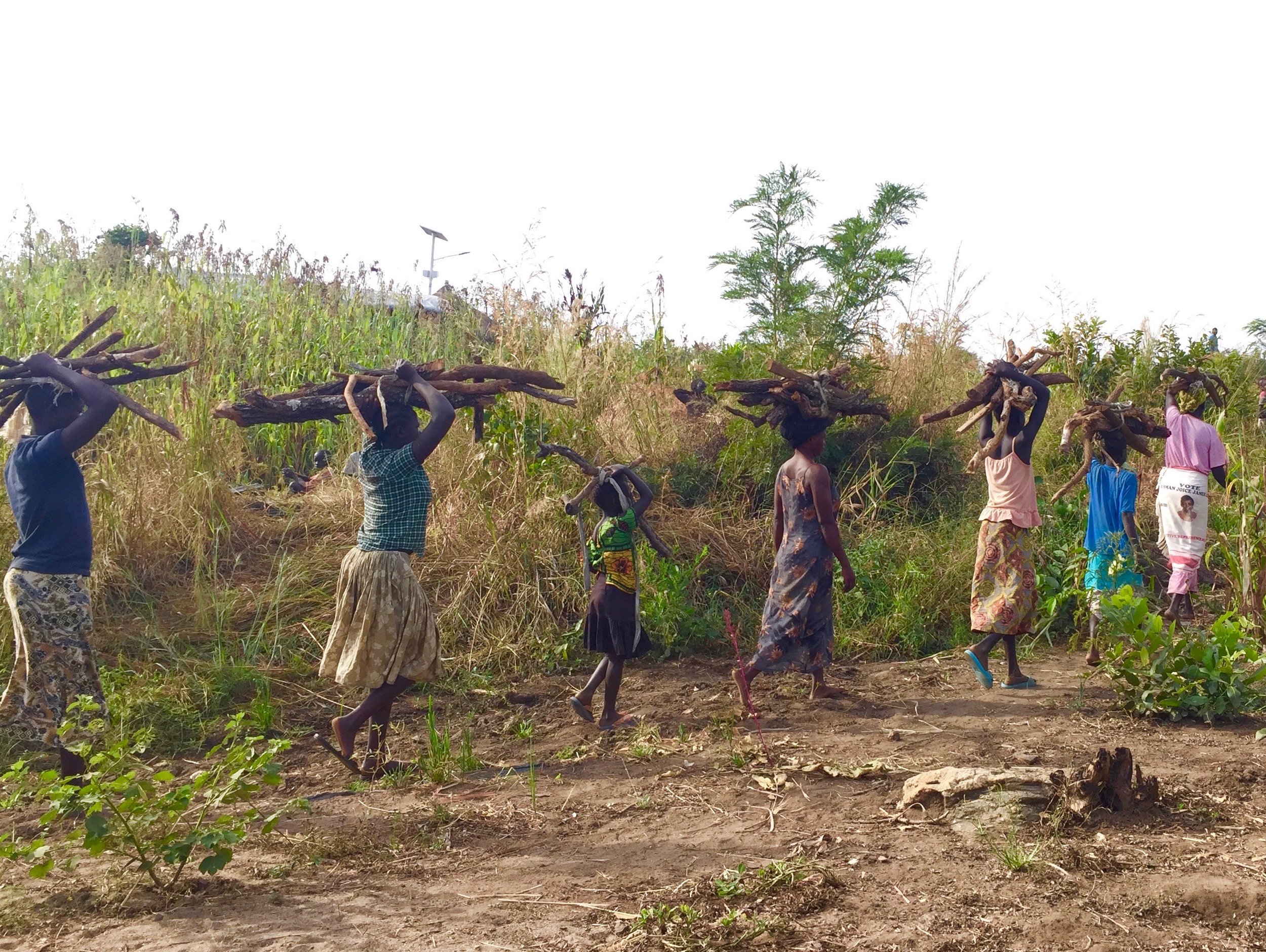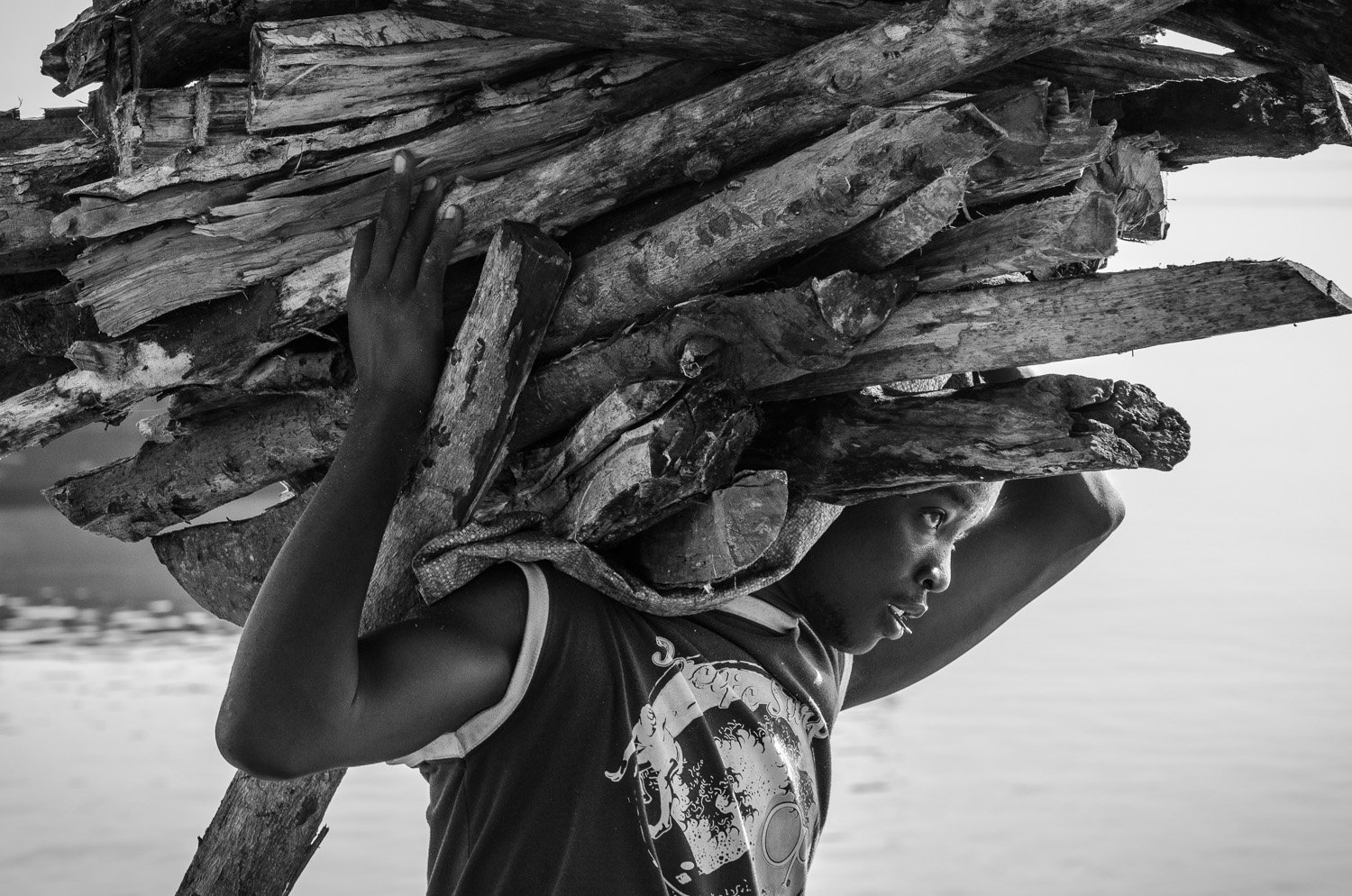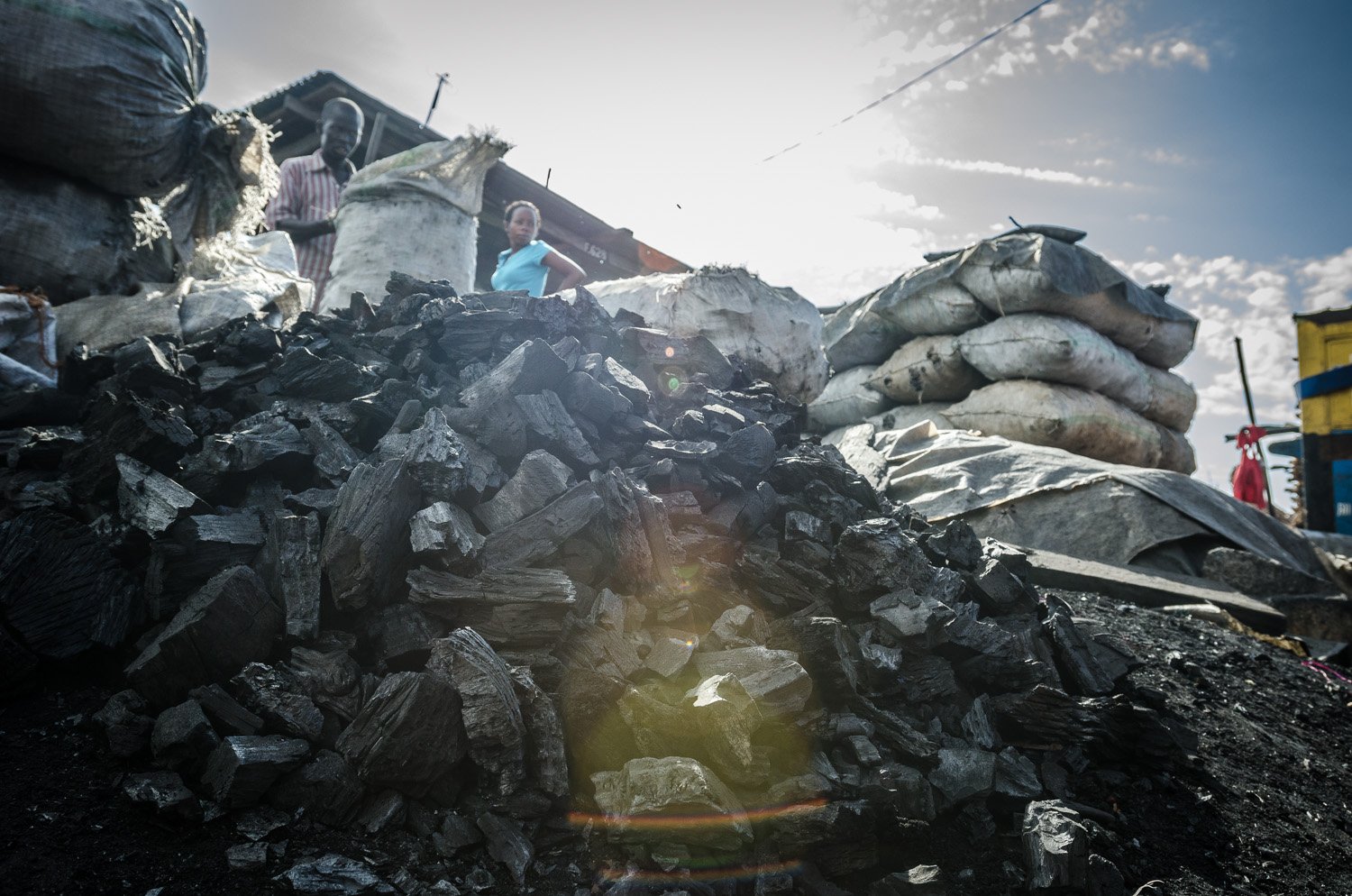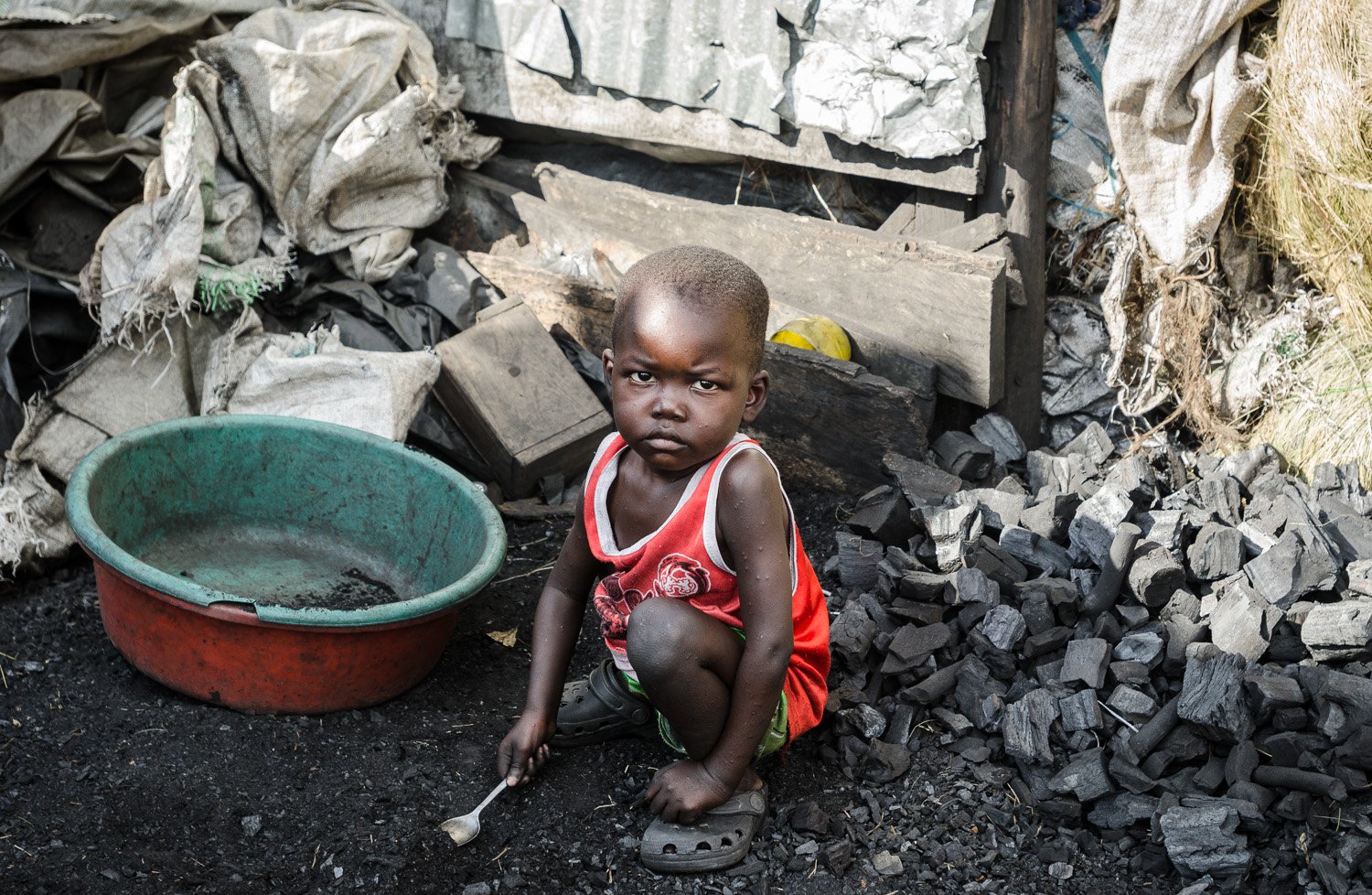
We’re facing a big problem
The Problem
Nearly half of the world’s population — 3 billion people — cook their food with traditional cookstoves or open fires. This has enormous environmental, health, and economic repercussions.
-
Sunlight-absorbing black carbon emitted from open fires is the second greatest contributor to global warming worldwide, responsible for an estimated 18% of the earth’s rising temperature. Rising temperatures and rainfall threaten key crops in Uganda’s agriculture sector.
-
Woodfuel use contributes to 25% of global deforestation. 97% of the Ugandan population use biomass as their primary cooking fuel causing rapid depletion and overuse of forests, leading to fuel scarcity in rural areas and rising prices of charcoal and fuelwood in urban areas. Less than 12% of virgin forests remain in the region, and 70% of the region’s forest cover has been lost since 1940.
-
Desertification (once-forested lands turning into desert) is forcing families to move farther and farther away from their ancestral lands, leading to conflict and land disputes. According to the UNHCR, Uganda hosts around 1.4 million refugees (85% consisting of women and children). These families mainly cook on open fires or traditional mud stoves. As firewood becomes scarce, refugees move farther into host areas to collect it, causing conflicts with hosts. Cleared lands also regularly cause landslides which kill and displace families.
-
Deforestation also renders habitats of endangered species inhospitable, driving them into smaller areas. Uganda is home to some of the few remaining mountain gorillas in the world and is a critical habitat for chimpanzees. Uganda will face unprecedented pressures in the next 30 to 40 years. With a population growth of 3.3% per year, currently estimated at 46 million, it will at least double between 2020 and 2060, reaching 104 million people, adding further demands on forests.
-
Smoke from inefficient cookstoves claims over 4.3 million lives each year, of which 450,000 are children under 5. That’s more than malaria, AIDS, and tuberculosis combined; 3 deaths per minute. More than 25 million Ugandans are affected by indoor air pollution from dirty cooking. Women and children (who are most often tasked with cooking and firewood collection) are exposed to smoke up to 20 times the level deemed safe by the World Health Organization. This smoke leads to pneumonia, tuberculosis, cancer, heart disease, low birth weight, and other chronic respiratory illnesses. Women and children are also particularly at risk of sexual assault when they venture away from their villages or refugee camps to collect firewood.
-
In Sub-Saharan Africa, it is common for families to spend up to a third of their income on cooking fuel. This money could otherwise be spent on more and higher quality food, critical medicine, investment in income-generating activities, and primary and secondary education which in places like Uganda, is not free as in many Western nations.
Our Solution
Potential Energy manufactures and distributes the Berkeley-Darfur Stove (BDS), an innovative cookstove which helps alleviate these issues.


